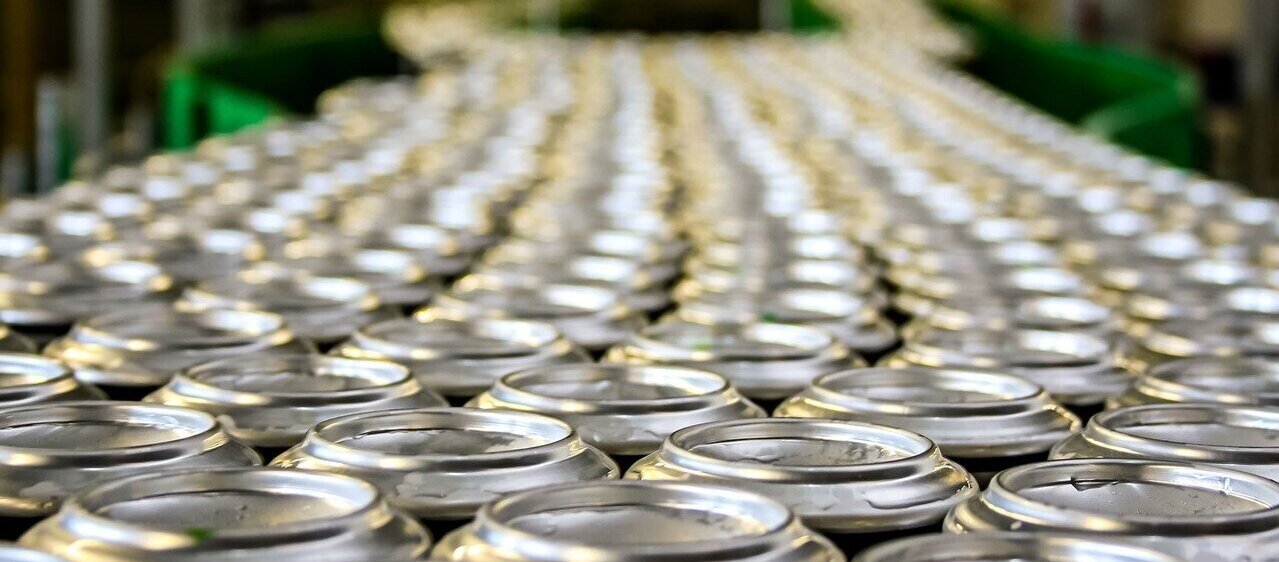Training tailored to brewery needs
A Training Needs Analysis was carried out by MCP at a well-known brewery, in the North-West. Here, John Saysell, Training Director explains what was involved.
With an annual beer production of more than 100 million hectolitres, this brewery is in the top ten in the UK. In the UK it operates four sites. As part of a TPM (total productive maintenance) project, the brewery company, invited a number of providers to discuss how they could carry out a Training Needs Analysis for 40 technicians. This was to identify where the skills gaps were and assess competence in key areas; MCP was selected as the chosen partner.
Methodology
From an initial consultation with the management team, an Assessment Centre was set up. This was designed to assess the following:
Base Skill levels - All technicians are required to be at Level 3 in a core discipline and to demonstrate the minimum skill level in a second discipline All technicians should be able to repair 80% of faults.
Behavioural Skills – based on company standards
Up-Skilling Aptitude: Personal development for those who demonstrate an aptitude and attitude. Increased knowledge and responsibility
The assessments were tailored to the needs of the brewery and the workforce and were developed around existing maintenance tasks, encompassing, mechanical, electrical, electronic and behavioural competencies. The emphasis was on carrying out work safely, to the right standard in a reasonable length of time. A further assessment determined the ‘trainability’ of the candidate. Should a candidate score below a certain level, then they are unlikely to assimilate new skills easily.
Rigs, sample materials, assessment procedure briefing documents and timetables were available in the week prior to the commencement, so technicians could visit in advance to familiarise themselves with the process. An MCP assessor was also available during this time to answer questions on the process.
As part of the behavioural skills assessment, candidates were asked to describe a project or intervention they had made which benefited the business.
Outcome
The Training Needs Analysis exercise illustrated that the culture within the brewing company was extremely positive, with good team working and an emphasis on face-to-face and written communication. Technicians have a clear understanding with regards to the urgency and importance of tasks and the criticality of assets and have a proactive approach to work. Technicians who have worked on Continuous Improvement projects are enthusiastic and appreciate the development opportunities that arise from CI.
The assessment demonstrated that underpinning knowledge was an area for further development with a more logical, knowledge-based approach required. For example, many technicians used their experience to problem solve and fault find rather than proven, logical techniques. While these skills should be captured and shared with all craft technicians to improve faultfinding, a logical approach.
Recommendations
Having undertaken the TNA exercise, MCP and the brewing company identified a range of training programmes that will develop the skills of the technicians, helping them to fault find quicker and ultimately reduce the meantime to repair. These include:
A problem-solving and logical approach to fault finding
Reading and interpreting electrical drawings
Selection and use of electrical test equipment
An introduction to automation
Explore ‘Train the Trainer’ training
On-the-job training is a crucial part of the development process. All the ‘off-job’ training has a competency assessment as sign-off and this is followed up immediately with ‘on-job’ practice using the more skilled technicians. As part of this process, suitable trainers and assessors were identified from the team to undertake a comprehensive training and coaching programme.
On-the-job Training is more likely to produce long term benefits for the technicians and for the company. This will be delivered by selected brewery technicians on their shifts. Some mechanical technicians require more focused training in electrical skills. It was acknowledged that recipients of electrical training, by definition, should be carefully selected. It will focus on those who can be properly mentored and whose aptitude indicates a good competency for workplace development.
Conclusion
Training across an organisation demands a holistic approach to research, analysis assessment, and planning and delivery across a number of audiences. The brewery team having seen the benefits of Training Needs Analysis exercises are planning to roll them out at other UK sites.




